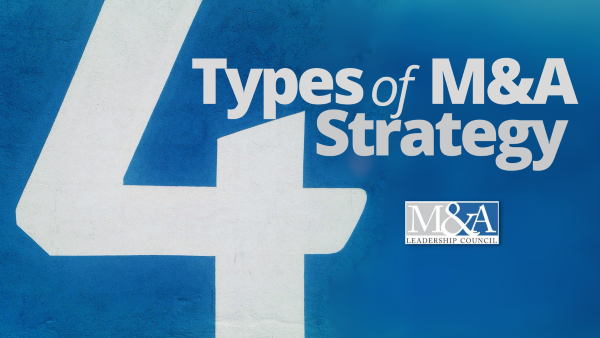Paramount’s Merger Talks With Skydance Fall Apart
Skydance’s merger talks with Paramount were called off Tuesday after Paramount’s controlling shareholder scuttled the deal, ending a drama that has captivated Hollywood for months.
The suspended negotiations derail attempts to unite Paramount — the parent company of CBS, MTV and Nickelodeon — with Skydance, the up-and-coming movie studio behind “Top Gun: Maverick” that is an important partner for Paramount’s film business.
The deal died just as it neared fruition. Right before Paramount’s special committee was to vote on the deal, lawyers for National Amusements emailed the committee to say it was ending the discussions. The email said that though National Amusements and Skydance had come to an agreement on economic terms, they could not agree on outstanding “noneconomic terms,” according to two people familiar with the matter.
In a statement, Paramount’s special committee confirmed that version of events, adding that “it did not vote on any potential transaction.”
There were several hitches in the last week as Skydance, Paramount and its parent company, National Amusements, reached the final stages of negotiations. Shari Redstone, Paramount’s controlling shareholder, wanted Skydance to agree to provide some legal protection for the deal in case investors filed a lawsuit. Advisers worked through the weekend toward a compromise on those and other terms that had been outstanding. Even as the two sides made progress, a committee of Paramount’s board members evaluating the plan fired a public relations firm it had been using.
The deal was ultimately doomed by a breakdown in negotiations between Skydance and National Amusements. Ms. Redstone was irked that Skydance’s revised terms reduced the value of National Amusements to $1.7 billion from $2 billion, an adjustment that would have affected her family’s personal holdings, according to two people familiar with the matter.
One sign of the tension emanating from both sides of the deal was the sheer length of negotiations. The talks stretched from late last year until this week, and were also rife with leaks, never a sign of harmonious negotiations.
“Sometimes the game ends with a goal-line stand,” said Rich Greenfield, an analyst for LightShed Partners.
National Amusements said in a statement that it had not been able to reach “mutually acceptable terms” with Skydance. The statement included a note of cheer that seemed out of place given the deal’s collapse.
“National Amusements is grateful to Skydance for their months of work in pursuing this potential transaction and looks forward to the ongoing, successful production collaboration between Paramount and Skydance,” the statement said.
Skydance had no immediate comment.
It’s unclear what the future holds for Paramount. The company was exploring a deal amid gale-force headwinds to the traditional media industry, including the demise of traditional television, a problem that is only likely to worsen. The company’s share price has fallen precipitously in recent years, as investors have grown increasingly critical of the company’s prospects.
While it was negotiating with Skydance, Paramount was mapping out a course of action in case no deal materialized. The company’s Office of the C.E.O. — three executives who succeeded Bob Bakish in that role this spring — said during a shareholder meeting that they planned to explore a streaming joint venture and cut $500 million in costs.
Ms. Redstone has other options to pursue. National Amusements, the holding company that owns Paramount stock, has received expressions of interest from the media investor Edgar Bronfman Jr. and Steven Paul, the Hollywood executive best known for his work on the “Baby Geniuses” franchise.
Paramount’s quest to sell itself over the last six months has been full of twists and turns worthy of its own season of “Succession.” Since January, the company had come within inches of a deal with Skydance, entertained a separate courting from Apollo Global Management and Sony Pictures Entertainment, replaced its chief executive and winnowed its board to seven directors from 11. The company is still losing hundreds of millions of dollars annually on its streaming business, which includes the Paramount+ service.
Skydance is also at a crossroads. The deal’s implosion is likely to put strain on its relationship with Paramount, with which it produces hit movies like “Mission: Impossible — Dead Reckoning Part One.” David Ellison, the tech scion behind Skydance, personally lobbied Ms. Redstone to do the deal and was a primary figure in the discussions.






